I hardly considered being a performer. The hours in a practice room didn’t appeal to me, and I felt insecure about my playing abilities. Moreover, I wanted my weekends and evenings generally free and knew I’d have to sacrifice them for the sake of concerts. Also, I loved to improvise and preferred to not be bound to a score.
However, over the years, I acquiesed to friends’ and colleagues’ requests to perform their music, and I found that I could perform my own music in a bind. One day, it struck me that my skills and confidence improved drastically yet imperceptibly to me since my undergraduate days. I had been spending hours practicing, and I had performed in vulnerable settings. The music I was performing was within the realm of what made me feel alive, and it was a positive experience without my self-imposed shackles. What was the secret?
Well, it’s in the title “composer-performer.” How so?
A composer who performs does not feel obligated to go through the rites of passage that a normal performer might. In other words, there is no slaving away for orchestral auditions, and there is no need to memorize the Mozart Clarinet Concerto (which is fun but not what I’d like to perform live).
The composer-performer sets oneself up to play music by living composers. A composer is, of course, friends with lots of composers—hundreds of them. So, just as it has been a part of friendships, it continues as such. I can play the music of my friends and curate concerts that are meaningful to me, without any necessity to program the “classics.”
The composer who performs can write music for oneself and have the immediate satisfaction of hearing it live. Not only is there this immediate satisfaction, but there is the opportunity to edit the piece days before the concert… or even during the concert itself. I’ve noticed that I’m add or crossing out notes here and there as I prepare my own music and that I can follow a whim during the live performance, knowing that it’s my piece and my opportunity to do whatever I want with it.
The composer-performer carries some legitimacy with performers. From my early composition days to today, I have befriended clarinetists and have participated in organizations related to the clarinet. Most of my commissions have been by woodwind players. Why? In part, I imagine it is because they know that I know how it feels to play the instrument.
The composer-performer can experiment in a safe space. It just makes sense for a composer who writes experimental electronic music for live instruments to be the performer. There are so many intricacies to electroacoustic music that I feel much more comfortable writing it for me and testing everything out that way. Certainly, I love writing for other instruments too, but it’s liberating to deal with all the tech issues through my own preparation of the work.
So, if you’re a composer, don’t stop performing. If you’re a performer, you might find that you enjoy composing or being closely associated with living composers.
I’m excited to perform the music of Patrick Chan, Ingrid Stölzel, and Mark Volker and to perform an improvisation with Monte Taylor and Patrick Chan next month as part of the Kairos Multimedia Concert. Saxophonist Drew Hosler is coming down to premiere my A Real Buster and to perform a new work by Cara Haxo. It’s great to make events that celebrate friendships and good music while experimenting with crazy tech setups and new ideas (to me). So, if you’re in the Cleveland/Akron area, come on down to Wooster on April 2nd for a wild ride.

